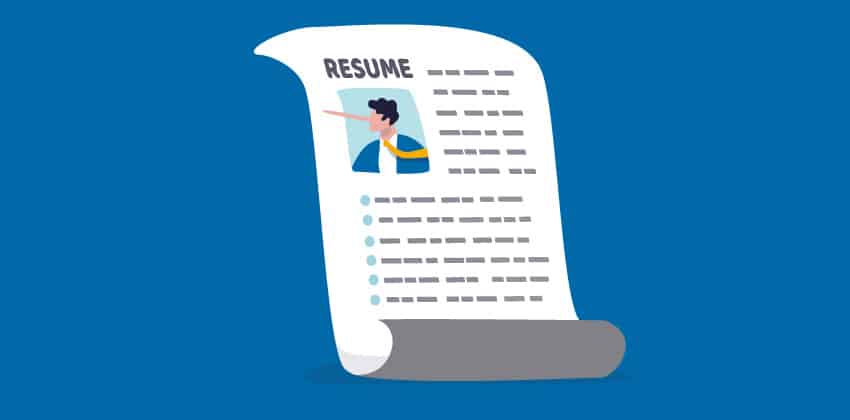
Much of the time when we think about looking for a job, we think about those situations that require good conversational skills, such as interviews or networking encounters.
As a result, job seekers spend a lot of time formulating and practicing effective answers and conversation starters and, of course, crafting a succinct yet powerful 30-second “elevator pitch.” (At least, that’s what career experts hope job seekers do.)
The Other Conversational Skill: Listening
Many introverts say that speaking is the area that they don’t excel at, and they lack confidence in. But that’s only one side of the conversational skill set. The other is the art of listening.
In a recent blog, career coach Bob McIntosh highlighted the importance of listening as a job search tool. Bob points out that a person who speaks without listening first will often fail to get the desired results.
Listening is a skill that plays to introverts’ strengths. That’s not to say that all introverts are always good listeners – especially if they’re not interested in what the other person is saying (a situation that can be exacerbated when small talk is involved!).
Building on Bob’s advice, here are some tips to help you practice and benefit from active listening in your job search. Here’s how to leverage that natural advantage.
1. Focus the spotlight on the other person.
Ask open-ended questions that give the other person the opportunity to elaborate and tell you more about themselves and their concerns. In a job interview, this translates to learning more about the position and the problems facing the hiring manager.
2. Use “active listening” body language.
Make eye contact, smile, lean slightly toward the other person, offer encouraging nods. Avoid the “arms crossed across your chest” stance, which suggests you’re not receptive to what the other person is saying.
3. Concentrate on the message.
It’s easy to get distracted – by other activity in the room, by thinking about what you’re going to say next, by an awkward mannerism or speaking style. Stay focused on the message the other person is communicating.
4. Capture the key points in writing.
This might be on the back of a business card at a networking event or on a note pad during or immediately after a job interview – it serves as a reminder of the essential elements of your conversation.
5. Follow up.
Take the time to reach out to someone you met in a networking context, and use what you learned as the bridge to nurture the relationship. With job interviews, use the key points you recorded as the basis for your thank you letters. In both situations, you get to demonstrate that you were giving the other person your full attention.
Bottom line:
One side of the conversation is speaking. The other side, also critical for job search, is listening. Introverts can be very, very good at listening, naturally. Use good active listening skills to build relationships and gather information that can help your job search.
More Information About Job Networking
- Job-Hunt’s Guide to Job Search Networking
- Job-Hunt’s Guide to Social Media and Job Search
- Job-Hunt’s Guide to LinkedIn for Job Search
Additional advice from Wendy Gelberg to help introverts succeed with their networking, including (from the list on the right):
- 15-Minute Guide to Job Networking for Introverts – free ebook by Wendy Gelberg (new browser window)
- 5 Tips for Introverts to Keep Your Network Alive
- Introverts’ Guide to Large Networking Events
- The Real Goal of Networking
- The Art of Listening
- How to Meet New People
- Successful Follow-Up
About the author…
Wendy Gelberg is a Career Navigator at JVS CareerSolution in Boston and author of The Successful Introvert: How to Enhance Your Job Search and Advance Your Career. She is a certified career coach and resume writer whose expertise is in helping people who are uncomfortable “tooting their own horn.” Wendy writes resumes, gives workshops, coaches individuals, and writes articles and blogs on all aspects of the job search process. Samples of her resumes and career advice appear in over 20 books. Wendy has been a career coach and resume writer for over 15 years. She has been an introvert her whole life. Contact Wendy at [email protected].
Don't forget to share this article with friends!




